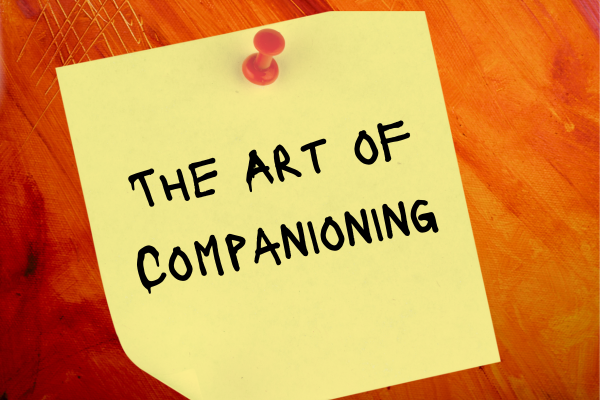In the realm of parenting, building solid relationships is paramount. No parent wants to feel disconnected from their children or be at odds with them. We all strive to create meaningful and lasting connections within our families. One of the fundamental pillars of achieving this goal is becoming a better communicator.
Just as healthy communication is the foundation of any successful relationship, it’s also the cornerstone of effective parenting. Healthy communication begins with emotionally healthy parents who exhibit the following attributes:

- Active Listening: Being fully present and attentive when your child speaks.
- Positive Body Language: Open postures and facial expressions convey warmth and attentiveness.
- Thoughtful Questions: Asking questions that show genuine interest in your child’s thoughts and feelings.
- Authentic Engagement: Expressing sincere curiosity and concern for your child’s experiences.
These qualities and others form the bedrock of dynamic communication and what we call the “Art of Companioning” between parents and children. Mastering the art of communication is pivotal because parents who excel in this area understand the profound impact their interactions can have on their children’s development of virtues and character and the overall strength of their relationships.
It’s worth noting that communication extends far beyond mere words. In fact, most of what is conveyed between parents and children is non-verbal. This includes:
-
- Body Language: The way you hold yourself physically.
- Facial Expressions: The emotions that register on your face.
- Tone of Voice: The emotional quality conveyed through your voice.
- Gestures: The movements that accompany your words.
Therefore, it’s crucial to consider what you say and how you say it. Children are adept at detecting inconsistencies between verbal and non-verbal cues. Expert communicators seamlessly integrate both aspects to foster trust and understanding. Consistency in your speaking and non-verbal messages is vital to building those strong connections you are hoping for.
Parents with healthy communication skills become better authorities, guides, counselors, and educators in their child’s life. Conversely, ineffective communicators may unintentionally sow seeds of distrust, defensiveness, and alienation within the family. Failing to grasp non-verbal cues and causing discord rather than unity are common pitfalls of poor communication.
However, becoming a proficient communicator is a journey that brings immeasurable rewards. It empowers parents to:
-
- Establish Trust: by creating an environment of open dialogue and reliability.
- Cultivate Empathy: Understanding your child’s perspective and emotions.
- Strengthen Authority: by balancing discipline with understanding.
- Build Rapport: fostering a strong, supportive bond with your child.
Embracing better communication techniques and learning to companion is an ongoing process. There’s no limit to how much you can refine your skills, and learning new ways to connect with your child can be an enjoyable experience. Start by honing your:
-
- Listening Skills: Truly hearing what your child is saying.
- Non-Verbal Communication: Mastering the art of body language and facial expressions.
From there, you can delve deeper and enhance your interpersonal relationship skills. Ultimately, you’ll craft a unique communication style that’s both nurturing and effective. Doing so’ll foster healthier relationships with your children, making your parenting journey more rewarding and fulfilling.
You can see why COMMUNICATION is the second C in the Four C’s of Successful Families. Stay tuned for more posts in this series, where we’ll explore other vital aspects of successful families.
I invite you to sign up for our newsletter. It is a great way to get the Virtue of the Month and tips on relationships, parenting, and self-care. In addition, you’ll be the first to know about upcoming classes for successful families.
To sign up, visit the “Newsletter” section here on the website. Enter your email address, and you’ll receive our newsletter in your inbox on Wednesdays. I appreciate your interest in bringing out the best in your children and yourself. We look forward to keeping you informed through our newsletter!

